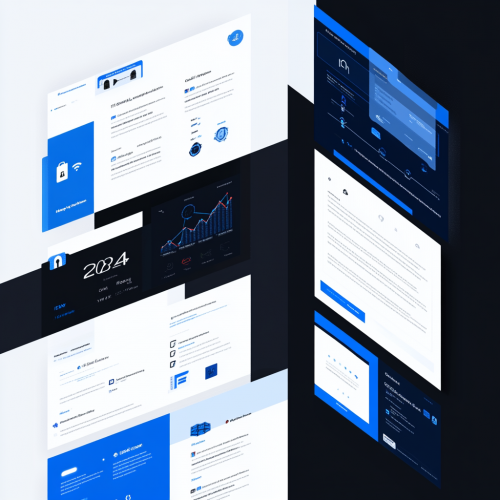Selecting specific hardware
Often organizations turn to a cloud provider with typical requests, for which clouds deployed on standard hardware are suitable. But sometimes businesses need non-standard solutions due to industry specifics or information security requirements. Often organizations turn to a cloud provider with typical requests for which clouds deployed on standard hardware are suitable.
To find the necessary hardware configuration for a particular project is possible only in a private cloud as it is a customized solution, unlike the public cloud. ITGLOBAL.COM specialists can build it on fault-tolerant high-end hardware, taking into account any specific requirements of the client.
Example. Government agencies often request ViPNet Network Security to isolate their network from normal Internet traffic. Russian companies may need to install domestically produced crypto-gateways due to internal security standards or the need for import substitution. And international corporations may need more powerful servers to process large amounts of information and host heavyweight services, such as SAP, in a private cloud.
Separate from other users
In a public cloud, resources are shared among all clients. Therefore, during peak times during holidays or sales, clients can compete for computing power. Attacks by cybercriminals on a neighbor’s network can also negatively impact a company’s information security.
If a company works with personal data, has special requirements from the IS security department and regulators, it is better to isolate the infrastructure as much as possible. Cloud enterprise providers, such as ITGLOBAL.COM, offer several options for deploying private cloud:
-
- Dedicated server, shared vCenter with management via VMware Cloud Director. The cloud is hosted on a dedicated cluster of servers so that it does not compete for CPU and RAM resources with other clients’ compute machines (VMs);
- Dedicated VMware vCenter Server. The option is like the previous one, but here you have access to vCenter. There you can automate tasks, manage VMs and monitor the system;
.
- Dedicated storage. Dedicated cluster of servers, vCenter and storage. Loads of other users do not affect the infrastructure, and IOPS can be independently distributed and set limits between VMs. Suitable for companies with peak loads, such as retailers;
- Dedicated installation. Everything is individual: a separate rack, a dedicated server cluster, your own vCenter, separate storage and networking equipment. The installation can be caged and additional video surveillance can be organized. The option is suitable even for the public sector.
The higher the degree of isolation, the more expensive the private cloud, because for its construction it is necessary to use more tools, resources and computing power.
Additional information security features
The reliability of the private cloud provider provides at the expense of additional solutions that can be implemented in it. For example, to maximize the security of data and services in the private cloud, the company can use additional information protection tools (IPT):
- SIEM-systems. Prevent external and internal attacks, analyze IS incidents;
- SIZE against unauthorized access. Identify and authenticate devices and users;
- Antivirus information protection tools. Search for malware and repair corrupted data;
- Firewall tools. Protect the network from intrusion attempts;
- intrusion detection and prevention tools.Monitor and detect unauthorized access;
- means of cryptographic protection of information. encrypt data so that an attacker cannot use it;
- means of analyzing and controlling information security. Check the nodes of the network for the possibility of hacking;
- SIZs to meet regulatory requirements.Allow compliance with regulatory requirements.
We’ve covered each one in more detail in the article “Information protection tools: what they are and what tasks they solve“. Comprehensive protection at the hardware, software, and data protection levels keeps businesses safe from leaks, viruses, and cybercriminals.
Conclusion: private cloud reliability is the sum of the factors
Reliability of private cloud seems to be an abstract concept, but in fact it is made up of several factors that cannot be realized in public cloud:
- specific equipment that can be selected in any necessary configuration, based on internal standards, industry specifics, requirements of the company’s IS department or regulators;
- separability from other clients of the provider. It is possible to place the infrastructure on a dedicated cluster of servers, a separate storage system or to allocate it to an installation and cage it;
- separate the infrastructure from other ISP clients.
- use additional data protection tools to minimize the risks of information leaks and prevent internal and external attacks.
Specialists of ITGLOBAL.COM can realize in the private cloudany customer requirements, including fault tolerance and security. This is especially important for companies that process large amounts of data on a daily basis, work with confidential information, state secrets and payment systems.can realize any customer requirements, including fault tolerance and security.

 Previous article
Previous article

